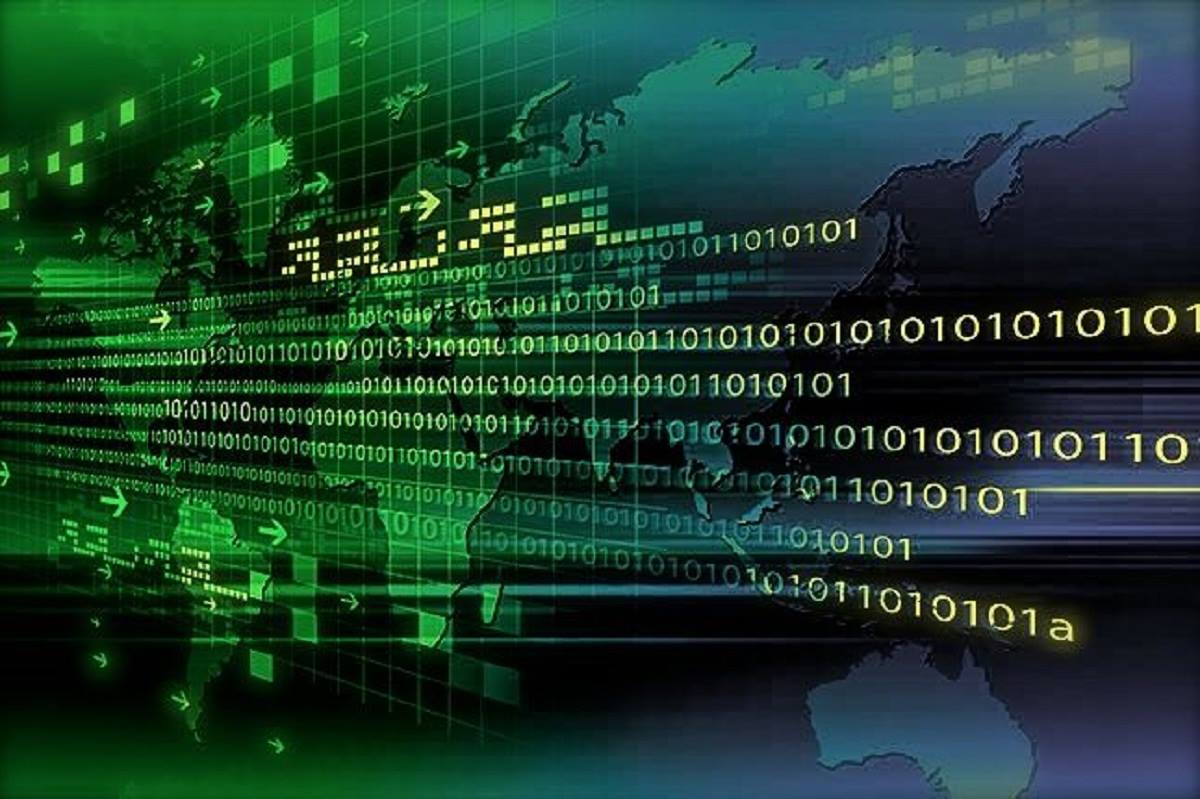
With ever-expanding global connectivity through Internet and mobile communication technologies, the number of worldwide users of the Internet has swollen like anything.
And, so have cybersecurity threats.
According to a new World Economic Forum report, by 2020, the number of devices connected to the Internet of Things is projected to exceed 20 billion.
The report’s findings point to a string of new challenges and opportunities. Let’s have a look at both dimensions in the light of findings in the WEF and other recent reports.
The number of people using the Internet around the world has risen almost 1,000% since 2000 and between 2018 and 2020 another 300 million users will likely be added. In addition, the number of devices being connected to the internet is exploding. An estimated 20 billion phones, computers, sensors and other devices were linked to global digital networks in 2017, with information providers, projecting another 10 billion will be added by 2020, the report reveals.
As of 2018 half of the world is now Internet-connected, according to the International Communications Union. It means we may be in a good place to prepare for the challenges that come with exponential growth of global superhighway connection.
But as more people use digital systems more intensively, the amount of data in digital form produced, processed and communicated will rise exponentially. In fact, a market intelligence firm IDC predicts a tenfold increase in “the global datasphere” between 2017 and 2025, a 30% yearly growth rate, the report says.
These significant increases in network use and connectivity represent significant opportunities for growth and prosperity. However, these opportunities stemming from the Fourth Industrial Revolution are completely inaccessible without cybersecurity.
The use of the Internet spreads to all aspects of day-to-day life, and even becomes embedded in the human body. In this scenario, questions about data ownership, accuracy and privacy protection take on greater importance.
Similarly, in an interconnected world where electric grids, public infrastructure, vehicles, homes and workplaces are capable of being accessed and controlled remotely, the vulnerability to cyber-attacks and the potential for these security breaches to cause serious harm are unprecedented. Cyber security experts advocate for efforts to align the private sector, government and civil society on common approaches to inform, educate and build trust among consumers on topics such as privacy and security.
How important is cybersecurity?
“It is evident from the fact that the economic loss due to cybercrime is predicted to reach $3 trillion by 2020, and 74% of the world’s businesses can expect to be hacked in the coming year. More users, more objects and more data result in greater reliance on digital systems. Indeed, as the firm IDC puts it, digital data and operations are rapidly moving from becoming background issues to “life-critical … essential to our society and our individual lives”. Ensuring that these systems perform their functions in the way they were intended is therefore a task of both rising importance and increasing difficulty,” underscores the WEF Report.
“Over the years, a number of global initiatives have brought together businesses, and at times governments, to build trust and promote solutions for a more secure cyberspace. These include the Paris Call for Trust and Security in Cyberspace, a set of principles and a call for united action to secure cyberspace, launched by the French President Emmanuel Macron. The call is the first government, industry and civil society-endorsed effort at a global scale which recognizes that states must work together but also collaborate with private-sector partners, the world of research and civil society to protect the important global public goods of trust and security in cyberspace. The resultant Cybersecurity Tech Accord is a public commitment by more than 60 global companies to protect and support civilians online and to improve the security, stability and resilience of cyberspace. By combining the resources and expertise of the global technology industry, the Cybersecurity Tech Accord creates a starting point for dialogue, discovery and decisive action.”
According to WEF document, the Forum on Cyber Expertise (GFCE) was launched at the 2015 Global Conference on Cyberspace (GCCS) as a worldwide platform for countries, international organizations and private companies to exchange best practices and expertise on cyber capacity-building and, together with partners from civil society, the tech community and academia, develop practical cyber capacity-building initiatives and projects. At the national level, a few examples of multi-stakeholder capacity-building initiatives include the Beersheeba/ Cyberpark in Israel, where government, private sector and academia have come to build a cybersecurity center of excellence in the desert. In Asia, similar structure is in place in the Malaysian capital Kuala Lumpur where in Cyber Jaya neighborhood to ensure protection of data against cyber attacks. Similarly, the Cyber NYC initiative seeks to transform New York into a cyber capital, with the plan to create 10,000 cybersecurity jobs in the city through collaboration between local government, a range of academic institutions and the private sector. information on cyber threats and which also facilitate the two-way sharing of information between the private and the public sectors. A prominent example is the Financial Services
Authors of the report noted that the most commonly discussed current cyber-risk is maintaining privacy and confidentiality. In developing countries like Pakistan, India and China, ensuring fool proof cyber security is really an uphill task. Even in the western world, the recent Marriott breach incident shows the reputational, legal and business risks of leaking large amounts of customer information. However, in a world reliant on digital systems, the risk of compromised data availability and attacks on data integrity will be even more important. As a leading expert has observed, a hacker changing a patient’s blood type in a hospital context could pose a far greater individual danger than the loss of that patient’s data. In the near future, even these significant information technology risks will likely be eclipsed by the systemic and physical risk from attacks on operational technology, from the internet of things to smart cities. In order to surmount these risks, governments, businesses, and civil society must cooperate in new and dynamic ways. Unfortunately, the need for collaboration and interconnectedness across organizations, sectors and geographies is not currently being met. Existing initiatives tend to focus on too small a subset of problems, stakeholders or regions. The need for robust, global, multi-stakeholder initiatives led to the World Economic Forum Center for Cybersecurity.
The world may need to replicate such a centers, especially in Asia as the usage of ICT has touched new heights in this region over the last three decades.

















